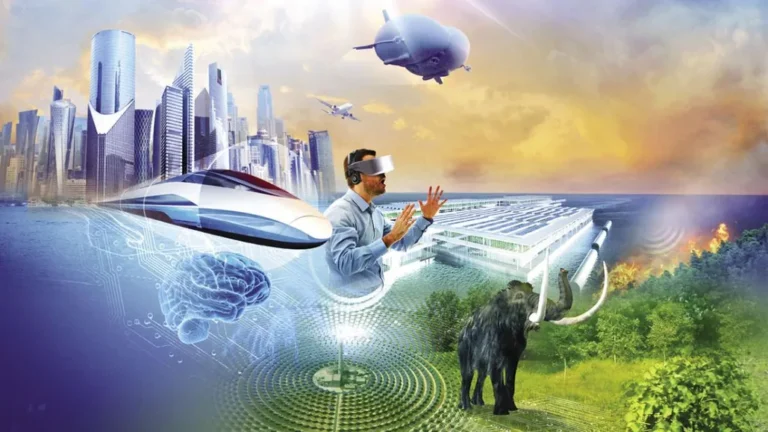Introduction
Technology has become the driving force behind modern life, influencing the way people work, communicate, learn, and even think. From the invention of the wheel to the development of artificial intelligence, technology has always shaped human progress. Today, it continues to redefine industries, improve living standards, and create new opportunities for growth.
The Evolution of Technology
The journey of technology started with simple tools made of stone and wood. The Industrial Revolution introduced machines that transformed manufacturing and transportation. In the 20th century, computers, telecommunications, and the internet brought about the digital revolution. Each stage of technological progress has created new possibilities and changed human society dramatically.
Technology in Daily Life
Modern life is inseparable from technology. Smartphones keep people connected 24/7, social media platforms have redefined communication, and online shopping has changed consumer behavior. Technology has also simplified everyday tasks, from navigation apps guiding drivers to digital payment systems making transactions faster and more secure.
Technology in Business and Industry
Businesses rely heavily on technology to stay competitive. Automation and artificial intelligence are helping companies increase efficiency, reduce costs, and analyze customer trends. Cloud computing allows organizations to store and process vast amounts of data, enabling smarter decision-making. In industries like healthcare, finance, and manufacturing, technology has become a vital tool for growth.
Education and Learning
Technology has revolutionized education by making learning more accessible and interactive. Online platforms, e-books, and virtual classrooms allow students to learn anytime and anywhere. Interactive simulations and digital tools make complex concepts easier to understand. This shift not only benefits students but also teachers, who can use technology to track progress and improve learning outcomes.
Challenges of Technology
Despite its advantages, technology also brings challenges. Cybersecurity threats, data privacy issues, and the risk of over-dependence are major concerns. Additionally, automation may lead to job losses in some sectors, raising questions about the future of employment. Balancing innovation with ethical use is one of the biggest challenges facing society today.
The Future of Technology
The future promises even greater advancements. Artificial intelligence, the Internet of Things (IoT), biotechnology, and space exploration are set to change the world in unimaginable ways. Smart cities, self-driving cars, and personalized healthcare are no longer distant dreams but emerging realities. These innovations will continue to shape how humans live and interact with their environment.
see also: betpawa-rwanda
Conclusion
Technology is both a gift and a challenge. While it offers solutions to global problems and creates new opportunities, it also demands responsible use. The future will depend on how society adapts to rapid technological change while ensuring it benefits all. With innovation and careful regulation, technology will remain a powerful tool for building a better future.




